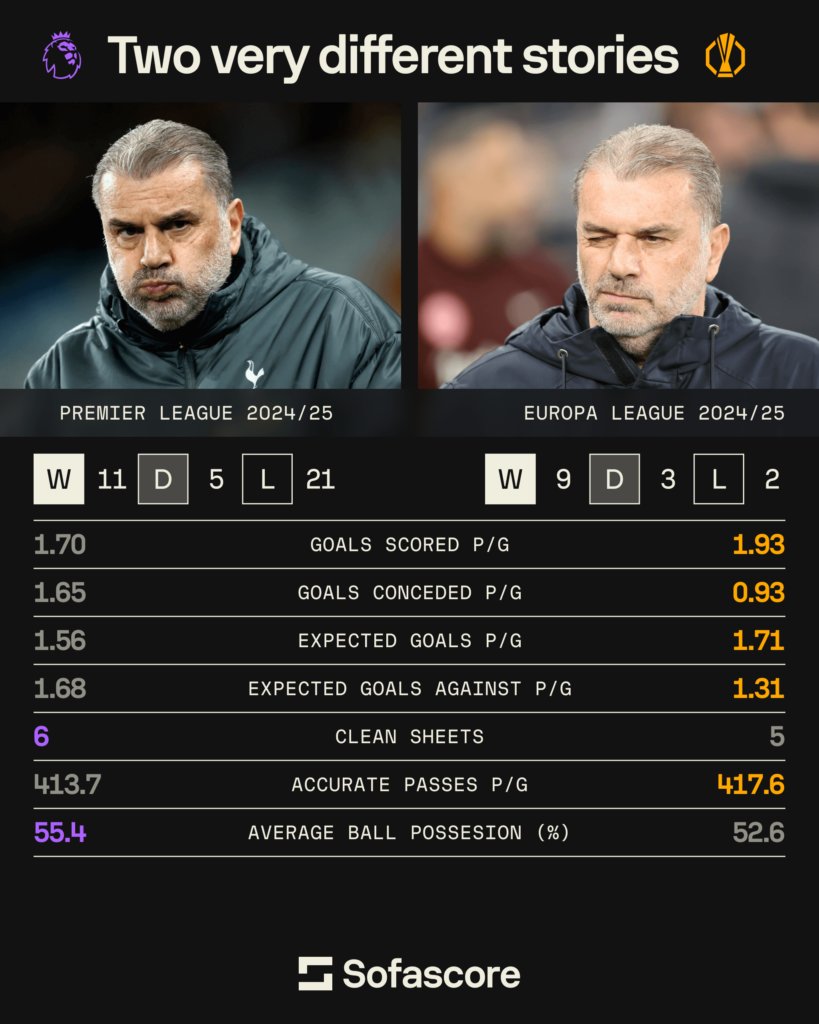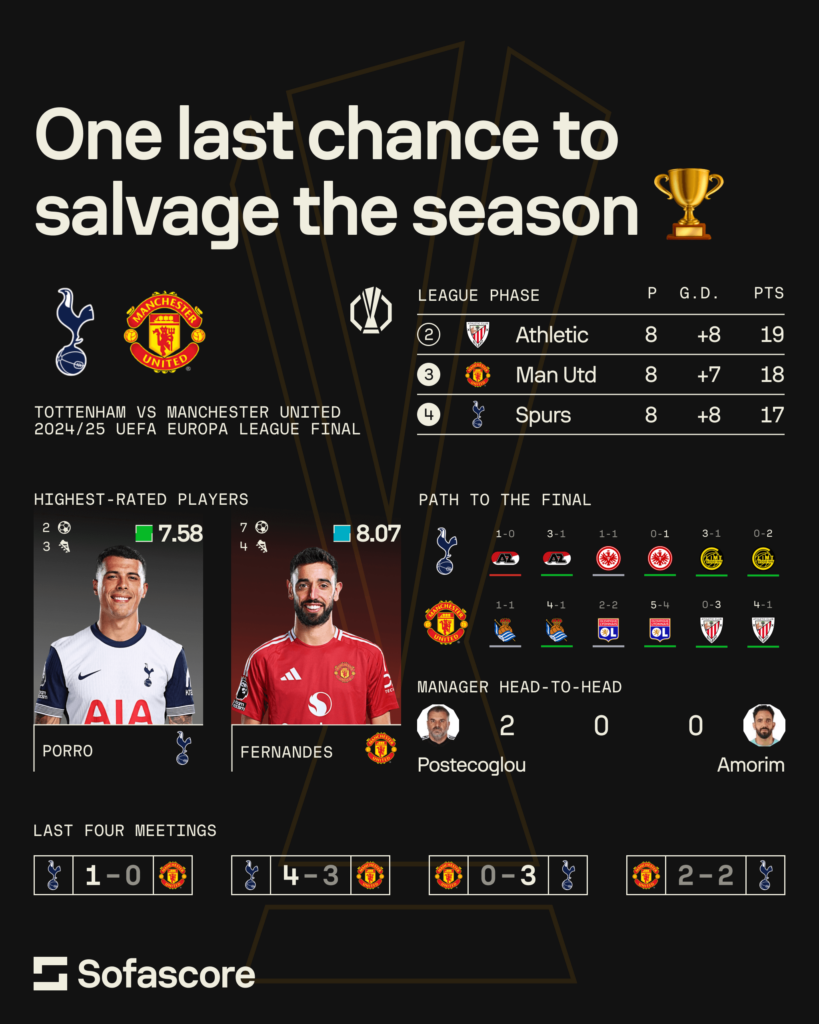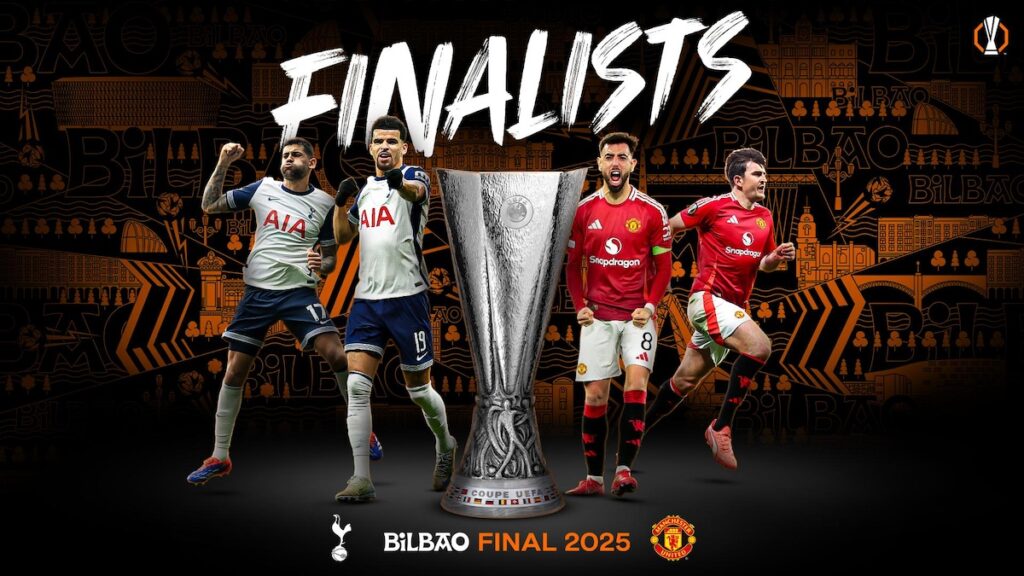Much like Europe’s elite club competition, the UEFA Champions League, the second and third-tier tournaments went through a huge change this season with the introduction of a completely different format that saw the obsoletion of the group stage and the introduction of a league phase system where teams face eight different opponents, rather than three same opponents twice.
The general public seems to have reacted well to this approach, as it added more exciting encounters between the competition’s best team while keeping the unrivaled excitement of the knockout phase intact in the second part of the campaign. You could argue that the Europa League already benefited from the introduction of the Conference League, with the level of teams participating in the second-tier tournament rising notably.
Another important aspect is the fact that the winner of the Europa League is guaranteed a spot in the Champions League for the upcoming season. That means, besides the obvious prestige that comes with winning a European tournament, alongside the financial rewards, that there’s a big motivation for teams that might be struggling with form in their domestic championships. And that is exactly the case this season.

A European trophy to forget the domestic troubles
Both of this season’s finalists, Manchester United and Tottenham Hotspur, have looked like two completely different sides in the Premier League and the Europa League. Both started their seasons with domestic struggle, Manchester United even changing a manager along the way.
In Europe, on the other hand, the two teams looked solid from the get-go. Stringing up quite a few wins, they ended the league phase in 3rd and 4th respectively, thus avoiding the scuffle of the playoff round that saw some big names and past winner such as Porto or Galatasaray crash out.
The curiosity continued way into the season, and has now spanned through its entirety. Even from mid-December to mid-January, when the Europa League was on a break, their domestic form did not pick up – Tottenham only won four of their ten matches in that period, and United went three wins from eight.
It’s hard to point a finger at what might be the cause of such a peculiar turn of events and the difference in results, but also performances from the two sides, but the fact that something is off is undeniable – furthermore, it’s reflected in the numbers.


A very intriguing matchup
90, or in case of extra-time, 120 minutes is all that remains for Manchester United and Tottenham. A win in Wednesday’s match will most certainly amnesty all the domestic woes, not only because of the major trophy itself, but the fact that a Champions League qualification guarantees a certain pull, or appeal, if you like, when it comes to attracting summer signings. Something both of these clubs’ fanbases will be yearning for.

United might have the edge in the sense of the confidence they can draw from the fact that they haven’t lost a single European match this season. Tottenham, on the other hand, could feel comfortable knowing that they’ve beaten their opponents three times already this season. They will, however, have to be very careful and delicate in how they are going to treat the threat that Bruno Fernandes carries – United’s captain is the highest-rated player in the competition with a staggering 8.07 average Sofascore rating across 13 matches played.
A lot at stake between two teams who, despite all their struggles, always strive to play on the front foot! A blockbuster awaits in Bilbao!
